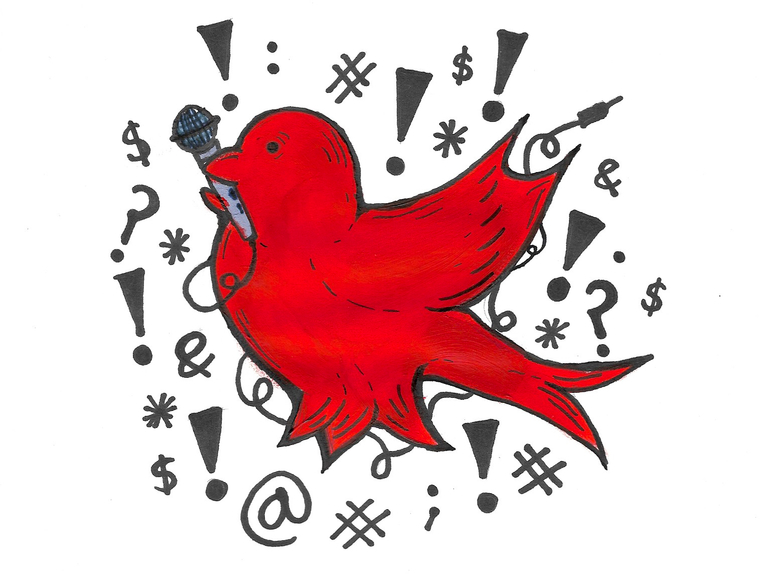As classes begin anew, the term ‘fake news’ has re-entered the vocabulary of many liberal arts students and professors alike. Even in legitimate contexts—such as calling out doctored journalism or describing viral conspiracy theories—the use of the term is deplorable. Over the past few years, arguments have been made for the term to be dropped from mainstream vocabulary. Due to its varied meanings, ‘fake news’ lacks the power to reprove harmful practices. Moreover, using a term popularized by political extremists is an implicit, if unintended, accommodation of their views into the mainstream discourse; it puts legitimate reporting and propaganda on a level playing field. These issues justify removing the term from academic discussions of post-truth politics; furthermore, they indicate a problem directly relevant to any student intent on becoming a conscientious citizen. ‘Fake news’ works as a mental shortcut to replace disagreements about truth with the relative simplicity of posers and mistaken articles.
Within academia, there is a debate about whether humans can be certain about facts discovered through science and logic. Research either progresses towards a comprehensive picture of the world or it uncovers more reasons to be skeptical about our own knowledge. In the past several decades, western society has tended towards the latter.
Scepticism about human understanding of the world influences the political realm and underlies the ‘fake news’ problem. News floods people with information each day and challenges their ability to process it and form individual opinions. On social media, stories designed to capture attention smother nuanced and honest reporting. The use of ‘fake news,’ in its first meaning, has surged because of the incentive for journalists to replace complex facts with compelling stories that readers can easily consume. A 2004 study from the University of Alberta demonstrated that two major Canadian newspapers, The Globe and Mail and The National Post, framed elections as fights and downplayed policy issues, presumably in order to attract their audiences’ attention.
A more serious problem, however, arises when the term is used to avoid consideration of opposing views. ‘Fake news’ has a second meaning, used primarily by extremely right-wing political participants, to convey a lack of trust in media reporting, climate and other science, and claims made by those of differing opinions. This practice invites a world lacking in common agreement about truth and honesty. This highlights uncertainty and encourages people to replace hard problems with easy answers. These simplifications come in the form of ‘news’ that picks facts to fit arguments and scapegoats vulnerable people to sidestep nuanced analysis.
Addressing the ‘fake news’ problem is vital if political polarization is to be reduced. The problem continues to be concealed, however, as people gravitate toward simpler language and avoid the difficult conversations required to debunk the term. When people hear ‘fake news,’ their brains prefer to deal with the straightforward idea that they can picture in their head—someone sitting at a computer typing a fake story—rather than the disagreement about truth underlying our social divisions that cannot be visualized. The upcoming Canadian federal election will provide a clear opportunity for people to see leaders avoid difficult arguments by resorting to scepticism about their opponent’s sources and biases. This is behaviour that any aspiring political participants should avoid.
Scepticism, especially in an academic context, can be useful to identify logical flaws or criticize established ideas. In this case, scepticism about facts undermines society’s ability to solve common problems. Students are bombarded with information, on social media and on campus, that obscures the truth. The term ‘fake news’ removes the problem of having to work hard to cooperate and figure out a common truth that everyone agrees on. It is easier for people to claim that opponents are wrong because they see fake facts on the internet, rather than critically assessing their own information and debating opponents about serious disagreements. Every student must put effort into civic issues, political participation, and rigorous research if polarization and division is to be averted.









